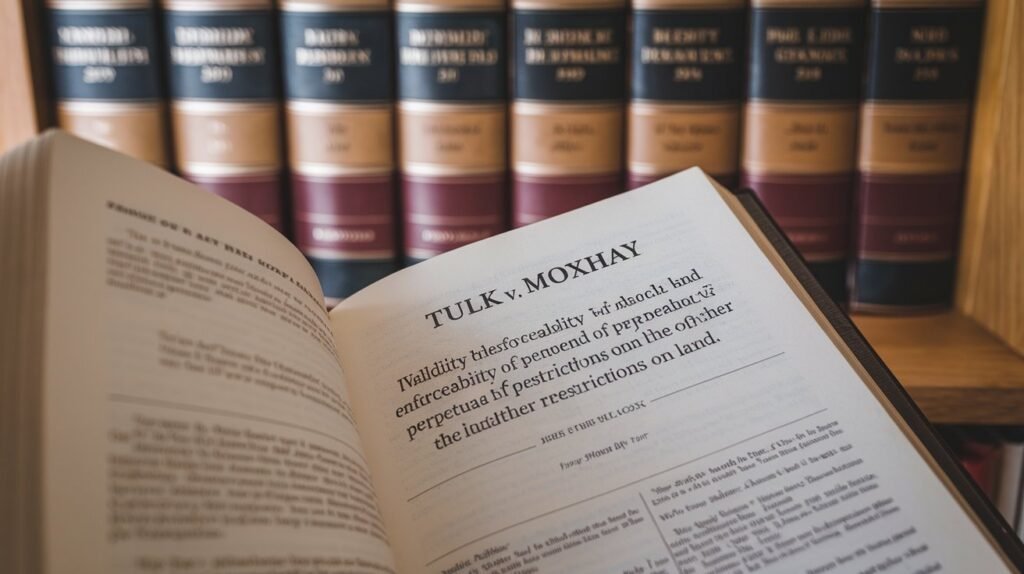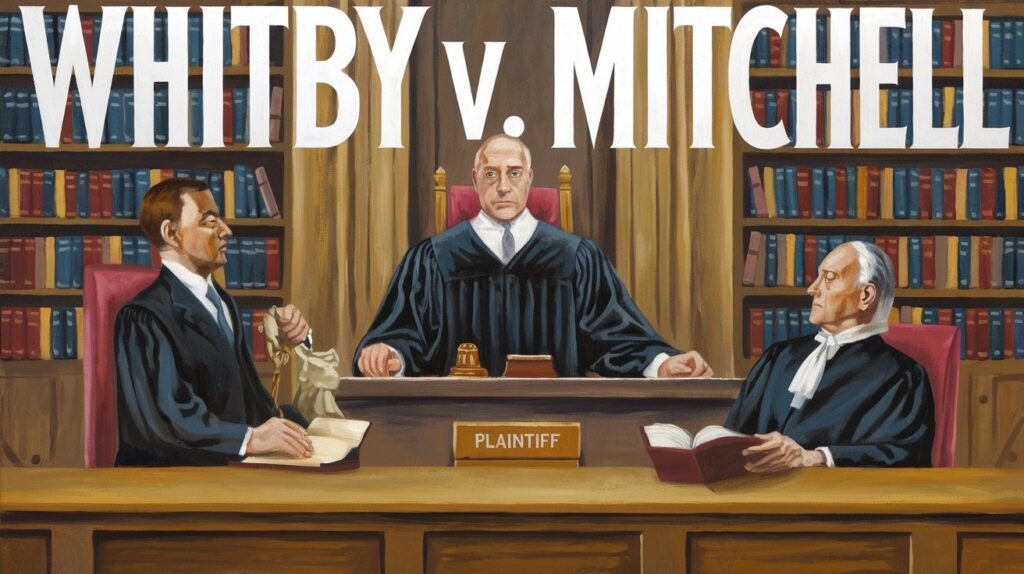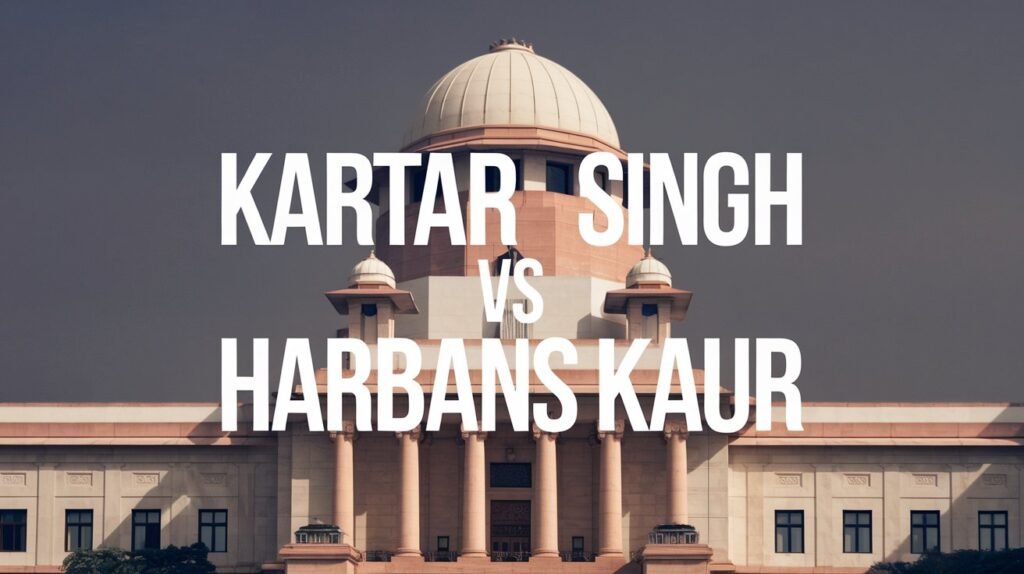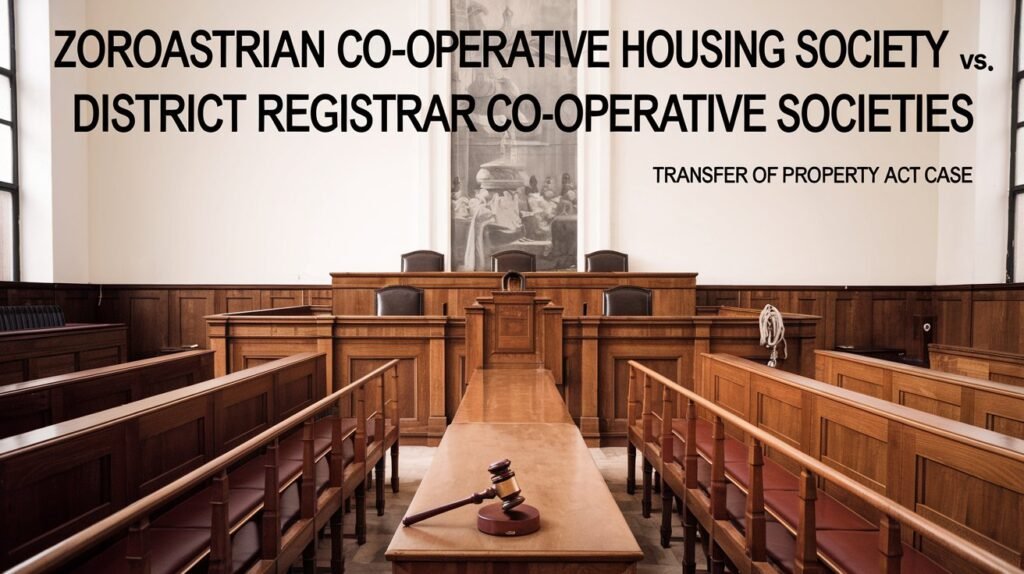Bellamy v. Sabine 1857 (Case Summary)

This landmark case of English property law establishes the doctrine of lis pendens. This Doctrine restricts the parties to the suit to transfer the disputed immovable property during the pendency of the litigation. The court recognized the importance of lis pendens so as to save unlimited layers of litigation.
Table of Contents
ToggleFacts of Bellamy v. Sabine
- Mr. Bellamy sold an immovable property to Mr. sabine. However, a dispute arose on the sold property when a third person claimed interest on the property and filed a suit.
- Mr.Sabine did not have notice about the suit and sold the property to another individual during the subsistence of the suit in the court of law.
- The case went to the court as Mr. Sabine sold the property pendente lite (During ongoing litigation).
Issues framed
- Whether the sale pendente lite by Mr. Sabine valid?
- Whether the doctrine of lis pendens is based on notice, either actual or constructive?
Judgment of Bellamy v. Sabine
The court analyzed the Doctrine of Lis Pendens with respect to the English property law. The judge, Sir John Romilly, held that the doctrine of Lis Pendens shall be applied to this case. The court further determined that the sale of the property during the pendency of litigation by Mr. Sabine was invalid.
The case established that Doctrine of Lis Pendens is applicable irrespective of whether the party creating new rights over the property had notice of the pending litigation or not. (In this case Mr. Sabine)
Indian Scenario
Section 52 of Transfer of Property Act 1882 expressly recognizes the doctrine of Lis Pendens.
The section states that during the pendency in any Court having authority which is not collusive and in. which any right to immovable property is directly and specifically in question, the property cannot be transferred or otherwise dealt with by any party to the suit or proceeding so as to affect the rights of any other party thereto under any decree or order which may be made therein, except under the authority of the Court and on such terms as it may impose.





